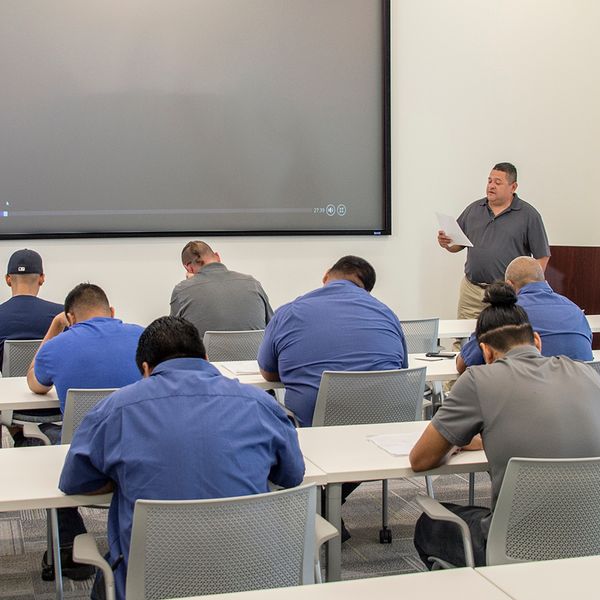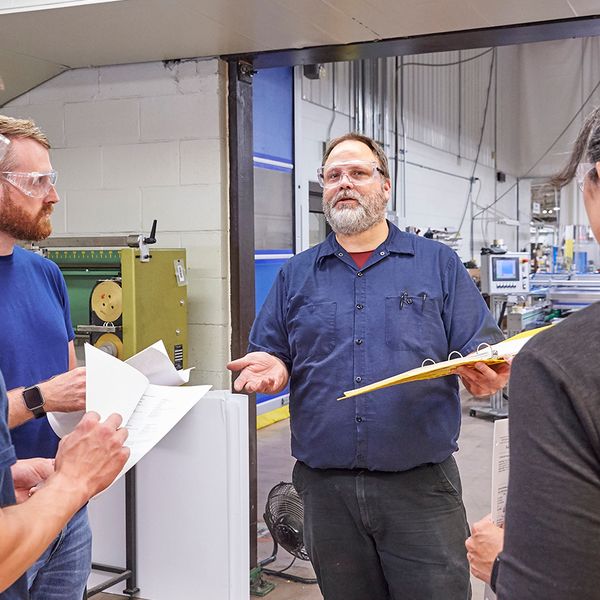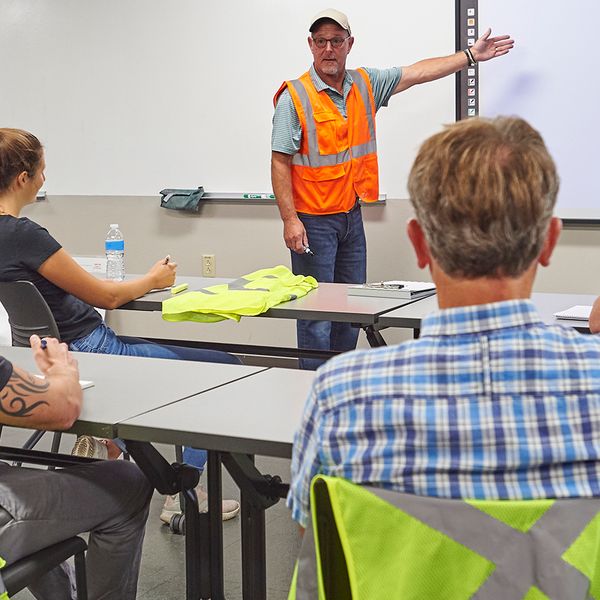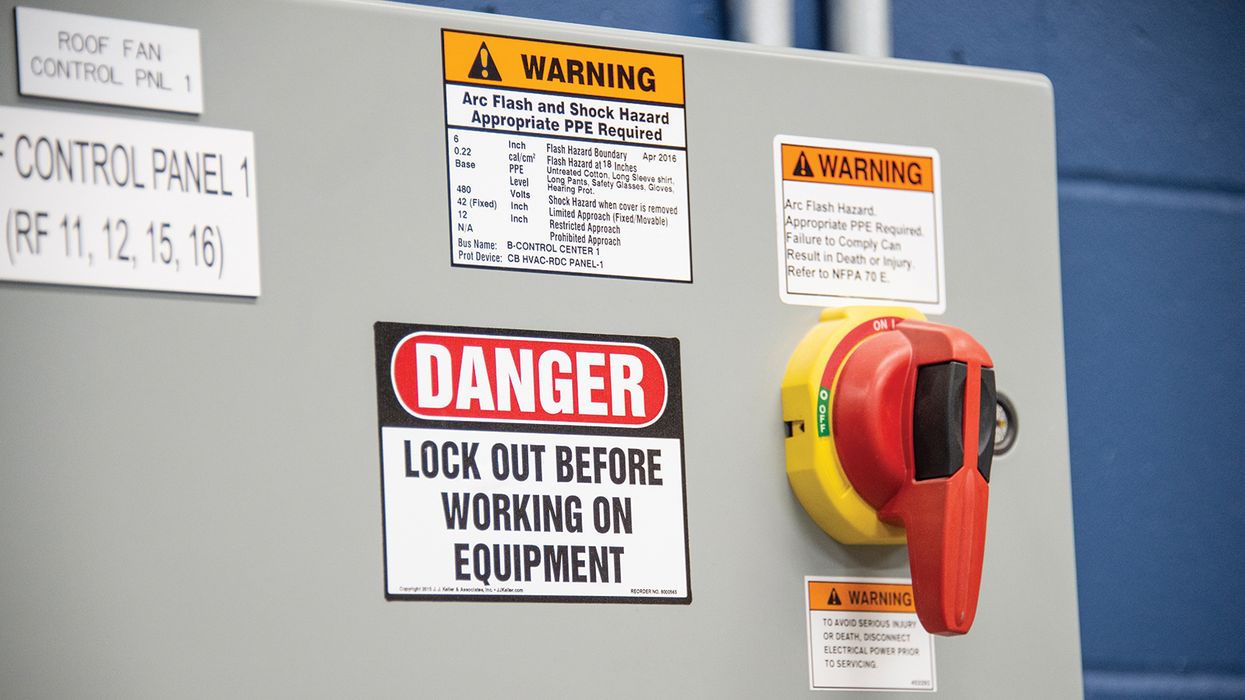Which general industry rules have annual training requirements?
Many OSHA standards include specific safety and health training requirements to ensure workers have the required skills and knowledge to safely do their work. And while it’s easy to assume this training must be repeated each year, that’s not always the case. Certainly, however, if you notice employees aren’t working safely or if workplace conditions have changed in a way that affect what employees need to know to safely perform their work, training should be repeated.
The following OSHA general industry rules include annual training or employee information requirements:
- Access to employee exposure and medical records — 1910.1020(g)(1) [employee information]
- Bloodborne pathogens — 1910.1030(g)(2)(ii)(C) [and 1910.1030(e)(2)(ii)(M) for HIV and HBV research and production facilities]
- Fire brigades — 1910.156(c)(2) and Appendix A, paragraph 5
- Fixed extinguishing systems — 1910.160(b)(10)
- Grain handling facilities — 1910.272(e)(1)
- Hazardous waste operations and emergency response (HAZWOPER) — 1910.120(e)(8), (p)(7)(i) and (ii), (p)(8)(ii)(C), (q)(5), (q)(8)(i), and Appendix C.2 (training)
- Mechanical power presses — 1910.217(h)(13)(i) [applies to PSDI operation mode]
- Occupational noise exposure — 1910.95(k)(2)
- Permit-required confined spaces — 1910.146(k)(2)(iv) [practice rescue drills]
- Portable fire extinguishers — 1910.157(g)(2) and (g)(4)
- Respiratory protection — 1910.134(k)(5)
In addition, most of the chemical-specific regulations in Subpart Z require annual training. The only chemical-specific Subpart Z regulations that do not require annual training are:
- Coal tar pitch volatiles — 1910.1002,
- Hexavalent chromium — 1910.1026,
- Methylene chloride — 1910.1052,
- Respirable crystalline silica — 1910.1053, and
- Iionizing radiation (though the employer must advise employees of their ionizing radiation monitoring results annually) — 1910.1096.
Finally, the process safety management (PSM) standard (1910.119) and the powered industrial trucks standard (1910.178(l)) require training every three years.
While the training requirements in 1910 apply to all types of general industry facilities, training on a particular topic depends on whether it applies to the work your employees are performing. For example, if no employees use scaffolding or work in confined spaces, training is not required on those topics. Also, keep in mind that if you’re located in an OSHA state plan state, there may be additional training requirements.
Key to remember: Not all regulations include a requirement for annual or refresher training, but it’s an industry best practice to conduct regular training. See individual regulations for specifics.























































